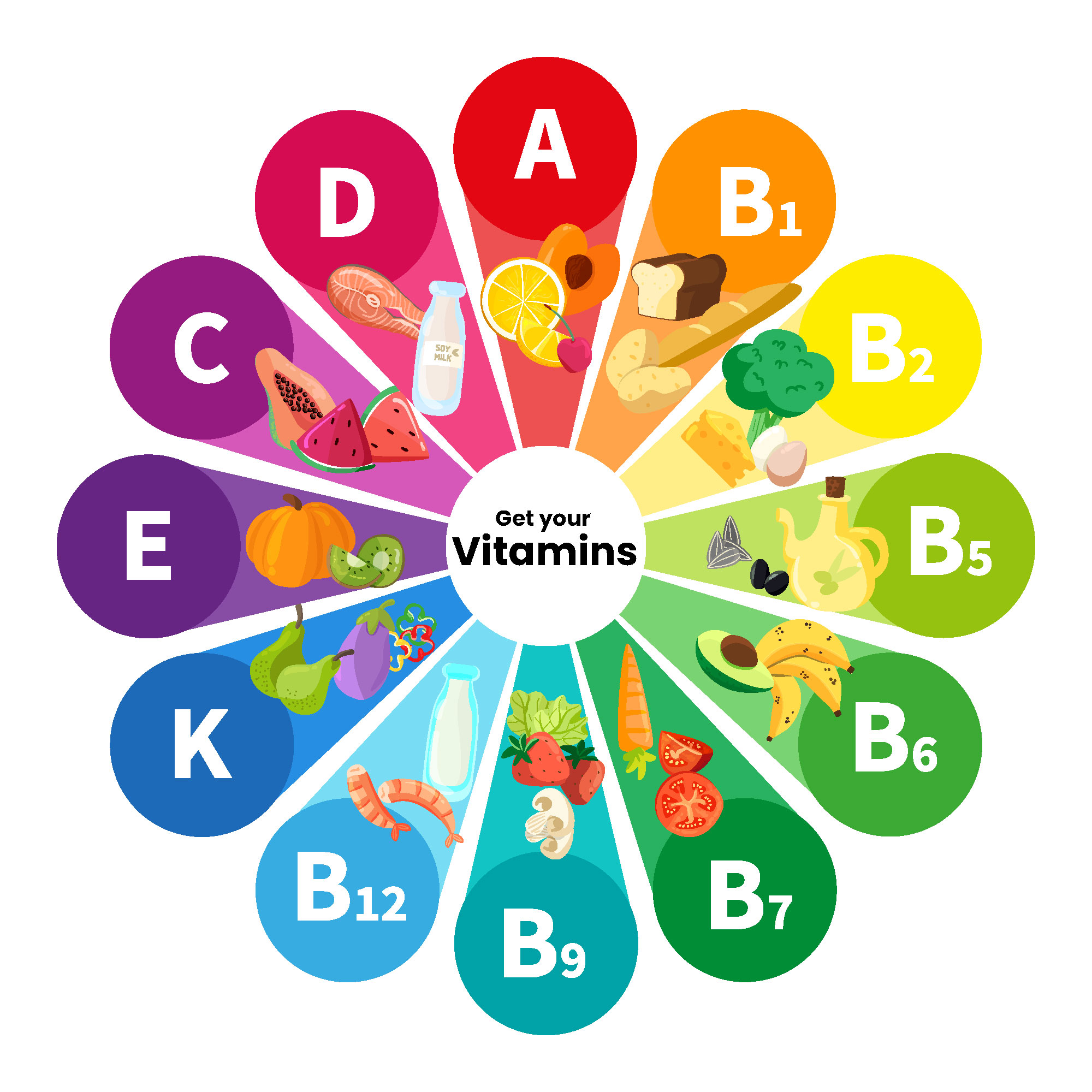In recent years, there has been a growing awareness about the negative impacts of sugar on health, spurring a search for healthier alternatives. Sugar’s allure is irresistible, yet its overconsumption is linked to numerous health issues, including obesity, diabetes, and heart disease.
But the good news is, you can enjoy sweetness without compromising health. In this in-depth guide, we reveal a variety of ways to replace sugar in your diet, allowing you to savor life’s sweet moments while maintaining your well-being.
Content
ToggleAttention: The Sugar Reality Check
From cereals to beverages and snacks, sugar is ubiquitous in many processed foods. While it provides that cherished sweetness, its impact on health is concerning.
Excessive sugar intake contributes to unwanted weight gain, spikes in blood glucose levels, and added stress on cardiovascular health. Facing these facts prompts us to reconsider our sugar consumption.
The Hidden Sugars
Not all sugars are apparent. Many foods contain hidden sugars that can vastly increase daily intake unknowingly:
- Condiments: Ketchup, salad dressings, and sauces often contain high sugar levels.
- Breads and Crackers: Even savory products may contain added sugars.
- Yogurts and Bars: Marketed as health foods, many contain added sugar for flavor.
Realizing where hidden sugars lie is the first step in reducing overall consumption and seeking healthier alternatives.
Interest: Exploring Sugar Substitutes
Reducing sugar doesn’t mean your food has to be bland. A variety of natural and artificial substitutes offer sweetness without the associated health risks of sugar.
Let’s explore these alternatives and how they can fit into your dietary preferences.
Natural Sweeteners
Natural sweeteners often provide a healthier profile, often containing fewer calories and a lower glycemic index. Popular options include:
- Stevia: Known for its zero-calorie sweetness, stevia is derived from plant leaves and doesn’t affect blood sugar levels, making it diabetes-friendly.
- Monk Fruit: A calorie-free sweetener derived from monk fruit, it offers a natural sweetness without being absorbed by the body as sugar.
- Honey: Although caloric, honey is often embraced for its potential antioxidants and minerals. However, moderation is key as it can still impact blood sugar.
- Maple Syrup: Besides its sweet flavor, it’s packed with antioxidants and essential minerals. While it still contains sugar, it’s a less processed option.
- Coconut Sugar: Derived from coconut palm’s sap, it has a lower glycemic index compared to regular sugar, providing a sustained energy release.
Artificial Sweeteners
Often much sweeter than sugar, artificial sweeteners can be a no-calorie solution, though they come with mixed reviews regarding health:
- Aspartame: Used in many diet products due to its high sweetness level.
- Sucralose: Heat-stable, making it suitable for baking, but there are ongoing debates about potential long-term health effects.
- Saccharin: One of the oldest artificial sweeteners, often used in combination with other sweeteners.
Understanding the benefits and potential drawbacks of these substitutes allows you to make informed decisions when replacing sugar in your meals.
Desire: Strategies for a Sugar-Reduced Lifestyle
Beyond substituting sugar, embracing a holistic approach to eating is equally vital. Complement your dietary changes with adaptations in your lifestyle to ensure a comprehensive health advantage.
Embrace Whole Foods
Incorporate more natural, unprocessed foods into your diet, which naturally contain fewer sugars and more essential nutrients.
- Fruits and Vegetables: Naturally sweet and loaded with vitamins and antioxidants.
- Whole Grains: Help stabilize blood sugar levels and keep you full longer.
- Nuts and Seeds: Provide healthy fats and are satisfying snacks without added sugars.
Mindful Consumption
Pay attention to food labels to identify hidden sugars. Some key terms indicating sugar content include:
- Dextrose
- Maltose
- Corn syrup
Understanding ingredient labels empowers you to make healthier choices and avoid unnecessary sugar intake.
Healthy Culinary Practices
Innovative cooking methods can maximize flavor, reducing the need for added sugar:
- Spices and Herbs: Cinnamon, vanilla, and nutmeg can enhance sweetness naturally without sugar.
- Flavor Pairings: Combining foods like fruit with cheese can naturally highlight the sweetness without the need for sugar.
Action: Transition to a Sugar-Lessened Diet
- Assess your current sugar intake: Keep a food diary to track how much sugar you currently consume.
- Experiment with substitutes: Try several natural and artificial sweeteners to discover which tastes best and suits your health goals.
- Modify recipes: Reduce sugar in your favorite recipes by starting with half the amount and adjusting according to taste.
- Increase awareness: Educate yourself about sugar content in restaurant foods and prepared meals, opting for freshly prepared whenever possible
- Plan your meals: Create balanced meal plans that minimize processed food and focus on whole, nutrient-rich ingredients.
- Stay hydrated: Drinking water can naturally help reduce cravings for sweetened beverages.
- Practice patience and consistency: Gradual changes can lead to lasting habits. Adjust your diet slowly to allow your taste buds to adapt to less sugar.
- Monitor your body’s response: Pay attention to how reducing sugar affects your energy, mood, and overall health. This awareness can motivate you to maintain a lower sugar intake.
Conclusion: Embrace a Sweeter, Healthier Lifestyle
The journey to reducing sugar in your diet is not about deprivation but about making smarter choices that benefit your health. By exploring natural and artificial alternatives, incorporating whole foods, and adopting mindful eating practices, you can enjoy the sweetness of life without the adverse effects of excessive sugar.
As you transition to a lower-sugar lifestyle, not only will you potentially see improvements in health markers like blood glucose and weight, but you’ll also be contributing to a healthier, balanced life.
Let this guide be your companion in discovering the myriad of ways to enjoy sweetness responsibly and set the stage for a vibrant, healthier future.



